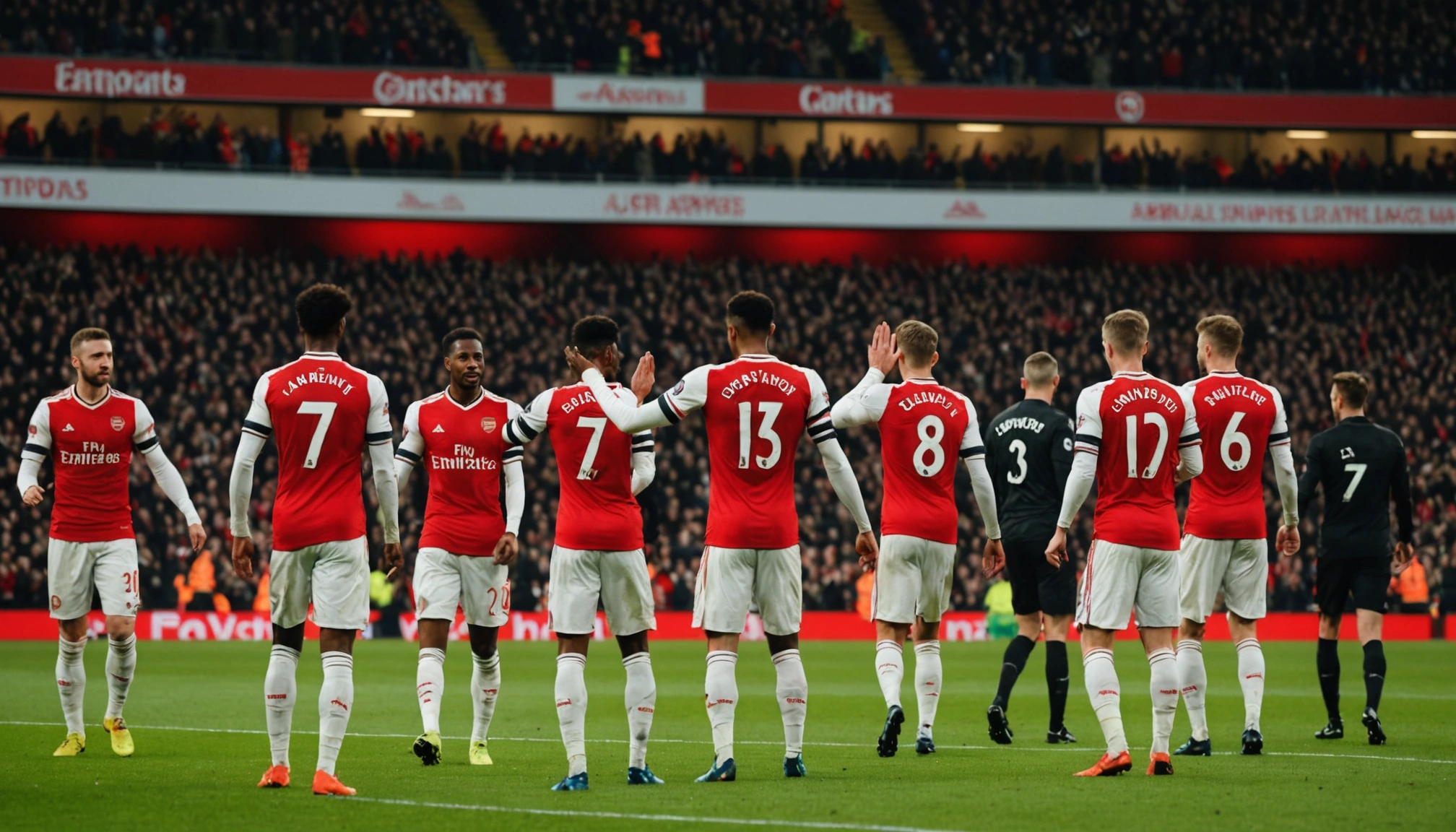Rangers Sack Martin After Turbulent Start To Season
Rangers have parted ways with head coach Russell Martin after 17 games following fan protests and a draw at Falkirk. What led to this decision?

By Editorial
Introduction To Rangers' managerial upheaval
In a dramatic turn of events at Ibrox, Rangers FC have officially sacked Russell Martin just 17 games into his tenure as head coach. The decision comes in the wake of mounting pressure from fans dissatisfied with the team's performances and recent results, culminating in a tense atmosphere after the 1-1 draw against Falkirk. This article unpacks the circumstances leading to Martin's dismissal and what it means for Rangers moving forward.
Background On Russell Martin's tenure
Russell Martin, 39, was appointed head coach with high hopes of steering Rangers back to domestic and European success. However, his time in charge has been marked by inconsistent results and growing unrest among the Ibrox faithful. Despite initial optimism, the team struggled to find form, which culminated in the recent draw at Falkirk—a result that failed to appease supporters.
The situation escalated when fans attempted to block the team bus's departure from Falkirk Stadium, necessitating a police escort to ensure Martin's safe exit. Such scenes underline the level of frustration within the Rangers fanbase and set the stage for the club's management to act decisively.
Factors Contributing To The Sacking
Performance And Results
Over 17 games, Martin's Rangers failed to meet key performance indicators expected at a club of their stature. The team’s inability to secure consistent wins in the Scottish Premiership has left them trailing behind their main rivals. This period included several draws and unexpected losses that placed pressure not only on the coach but also on the squad.
Fan Discontent And Pressure
The relationship between Martin and the Rangers supporters deteriorated considerably. The police intervention after the Falkirk match was a stark illustration of the tensions. Fans' vocal dissatisfaction was echoed across social media and matchday atmospheres, signalling a volatile environment detrimental to team morale.
Strategic Differences And Club Expectations
Reports suggest that there may have been differing visions between Martin and the Rangers board regarding the club’s long-term strategy and style of play. For a club aiming to reclaim dominance in Scottish football, alignment on football philosophy is critical.
Implications For Rangers Moving Forward
The sacking of Martin opens a new chapter for Rangers. The club will be seeking a manager who can quickly restore confidence, galvanise the squad, and re-engage the passionate fanbase. Interim solutions may be considered before a permanent appointment is made, as the club looks to stabilise performances ahead of the decisive winter fixtures.
Rangers’ management will also need to address the underlying issues that led to the unrest, including team cohesion, tactical clarity, and communication with supporters.
Comparison With Other Scottish Premiership Situations
Managerial changes are not uncommon in the Scottish Premiership, as clubs strive to find the right leadership to deliver silverware. For example, Celtic recently edged Ross County in a tense match where tactical decisions played a key role, illustrating the fine margins at this level (Celtic edge Ross County as Palma misses two penalties in Scottish Premiership).
Such scenarios highlight the intense pressure on managers in Scotland’s top flight and underscore the importance of immediate results.
Lessons From Other Sports And Competitions
Looking beyond football, the sports world offers valuable insights into managing pressure and expectations. For instance, the Ryder Cup 2024 is eagerly anticipated, with teams preparing meticulously to handle the intense scrutiny and deliver peak performance (Ryder Cup 2024 Latest Updates And Key Insights).
Similarly, cricket players like Jacob Bethell reflect on limited playtime and the importance of resilience during challenging seasons (Jacob Bethell Reflects On Limited Playtime During 2025 Cricket Season). These examples illustrate that setbacks are part of sports careers but require strategic responses.
What Fans And Stakeholders Can Expect Next
For Rangers supporters, the immediate future will focus on stabilising results and rebuilding trust. The club is likely to announce an interim manager shortly while searching for a long-term replacement who can handle the club’s ambitions and fan expectations.
Stakeholders will be scrutinising recruitment policies, youth development, and the playing philosophy to ensure a sustainable path forward. Transparent communication from the club’s hierarchy will be essential to maintain supporter engagement.
Conclusion: A Pivotal Moment For Rangers FC
The dismissal of Russell Martin after only 17 games is a clear signal of the high stakes at Rangers FC. It reflects the intense pressure of managing one of Scotland’s most storied clubs, where results and rapport with fans are paramount.
As Rangers prepare for the next chapter, lessons from this episode highlight the need for alignment between management, players, and supporters. With the right leadership, Rangers can hope to return to winning ways and restore their standing in Scottish football.
For ongoing developments in Scottish football and broader sports coverage, readers may find our England sport highlights key moments and insights article a valuable resource.
Related topics
Editorial
Sports expert at SportsScoop
Specialist in sports analysis and journalism
Related articles
Want to read more?
Explore our comprehensive collection of sports articles and analysis, or contact us for more information.



